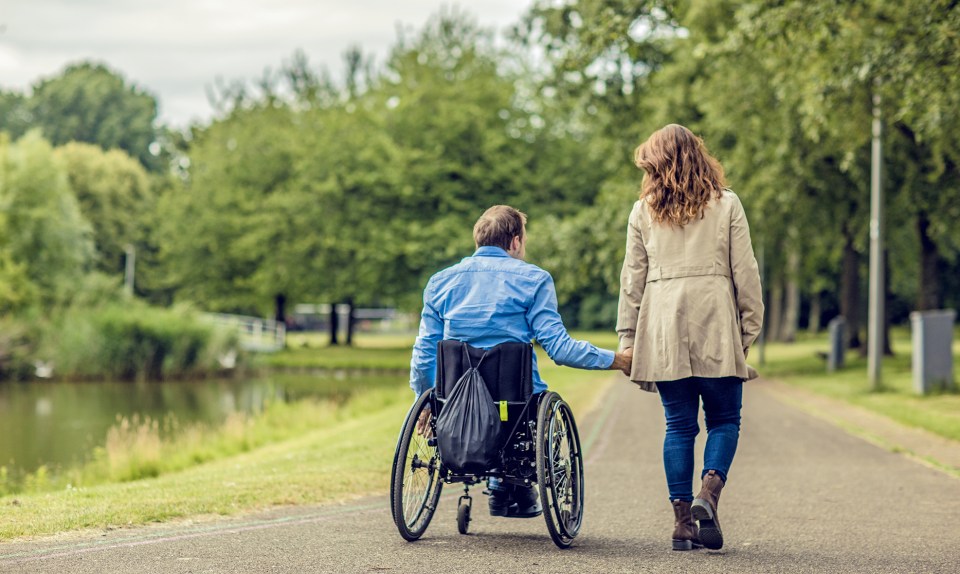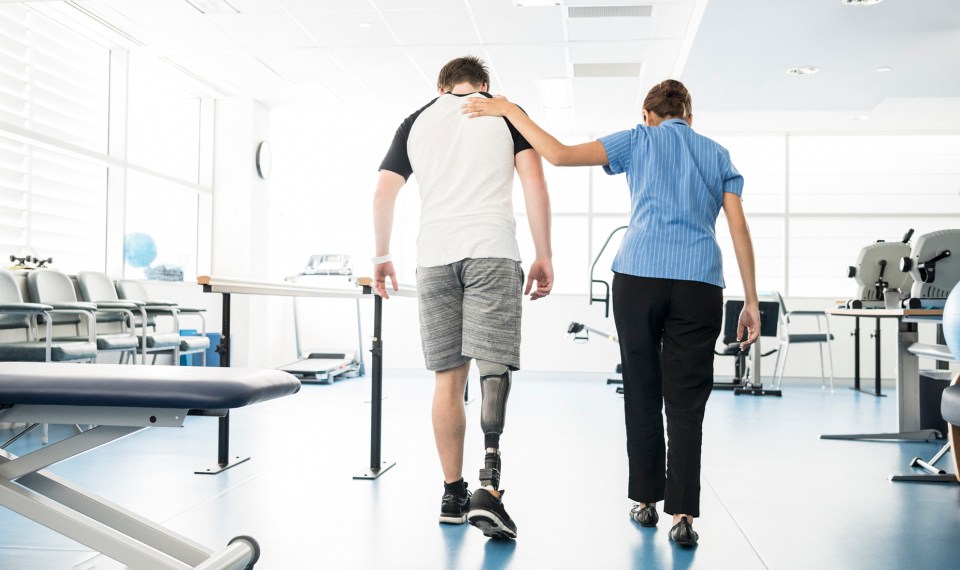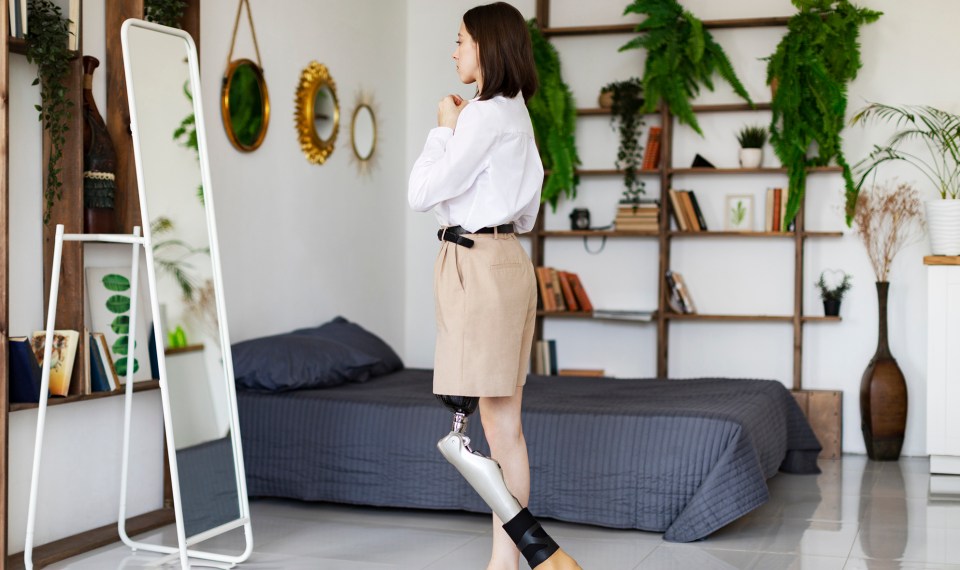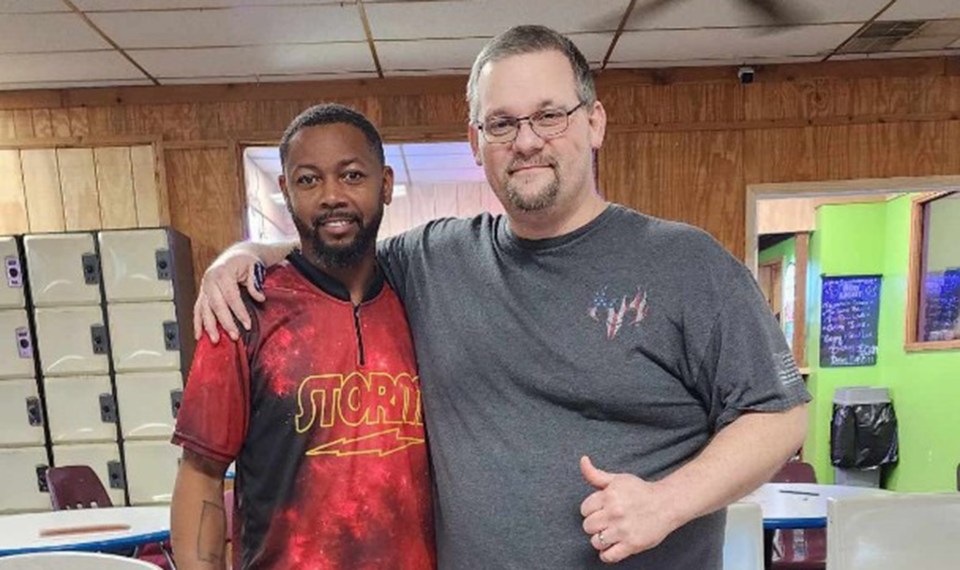Jose and Maria had been high school sweethearts and were married following his college graduation. Two children and a new house followed in the next three years. Despite the usual irritants and money issues, they felt they had a strong marriage. That was until a drunk driver slammed into Jose’s car and metal ripped through his legs. He went to a rehabilitation hospital, learning to walk with his new artificial legs and adjusting to his new reality.
When Jose looked around the hospital, he considered himself fortunate in that he could still kiss his wife, hold his children and interact with them. He never mentioned it to Maria, but at night when the lights were off and it was quiet, he often wondered if Maria would stay with him. Would their marriage survive this horrible event and would Maria love the “new” Jose the way she had the “old” one?
Building Relationships
As a neurologist who specializes in neurorehabilitation, I have treated thousands of patients who have faced the same concerns as Jose. Disabilities come in all forms and with different challenges. A spinal cord injury or amputation will result in dramatic physical changes but usually leave the person cognitively intact, while a brain injury or stroke not only causes physical disabilities, but also causes cognitive and behavioral disabilities that can substantially change the person.
We form relationships based upon unique bonds and attractions to each other. Unfortunately, I have had many a parent tell me that they love their brain-injured son or daughter and will care for them, but they felt they were taking home a stranger. The same is true for a spouse who now becomes the caregiver for someone who is very different than the person they had been living with for the last 25 years.
Relationships are a balance between what you like and don’t like in the other person. They take work, and having a disability can unbalance the equation that makes the relationship work. If dealing with the disability is difficult, it may be too hard to work on both the relationship and the disability. I have had many people say to me, “I didn’t sign up for this.” No one “signs up” to be a caregiver, but it happens.
Relationships fall apart because of:
- A lack of trust. How reliable is your partner? Are they someone you can count on? All relationships want predictability and security as well as faithfulness.
- People take the “good” for granted and focus on what they consider to be bad.
- A loss of empathy. The ability to view the relationship from the other person’s perspective is essential in dealing with the stressors of a relationship.
- They no longer have common interests or their needs change. Not everyone deals well with change.
A Relationship Checklist
Here is an unscientific checklist that you can use to evaluate your relationship and how it might weather the storm of a disability.
- Communication: Evaluate how well you and your partner communicate, and remember that it is less about what each of you say and more about what each of you hear. A simple request to take out the garbage may be heard as just one more unreasonable demand or an unfair criticism.
- Competence: The individual’s perception of their competence. The more an individual has a sense of self–competence, the more secure they feel in their lives and their relationships.
- Maturity: Do you have a “mature relationship?” The prominent psychoanalyst, Eric Fromm, discriminated between mature and immature relationships by writing that in an immature relationship the individual says, “I love you because I need you,” as opposed to the mature relationship saying, “I need you because I love you.”
- Empathy: This is the ability to see the relationship and world from the other person’s perspective.
- Coping Skills: The healthier the individual’s personality, the better one’s chances of adapting to change. The preexisting personality of the able-bodied partner is critical to the post-disability relationship.
- Financial Resources: I can quote studies on happiness that diminish the importance of the relationship of money and happiness. However, it does make a significant difference whether one has the financial resources to deal with the disability. This may mean having good medical insurance or the financial resources to help with care-taking, or just provide a little relief to recharge your batteries.
Hopefully, you will never face a catastrophe in your relationship, but consider this checklist like your annual physical—a preventative measure.
The content of this site is for informational purposes only and should not be taken as professional medical advice. Always seek the advice of your physician or other qualified healthcare provider with any questions you may have regarding any medical conditions or treatments.




